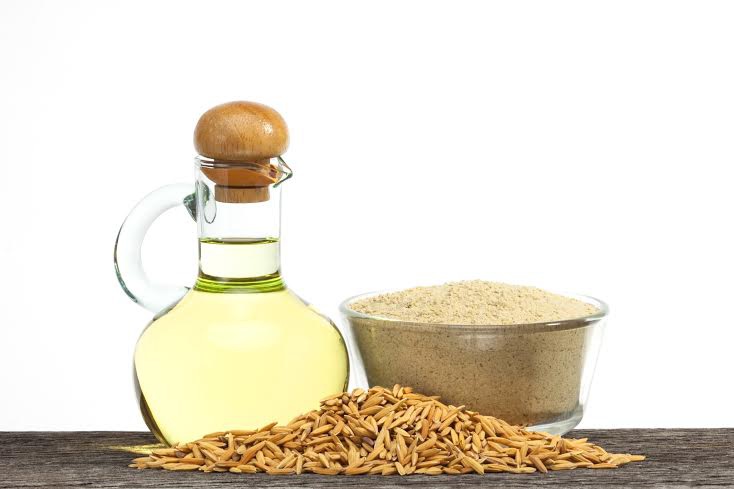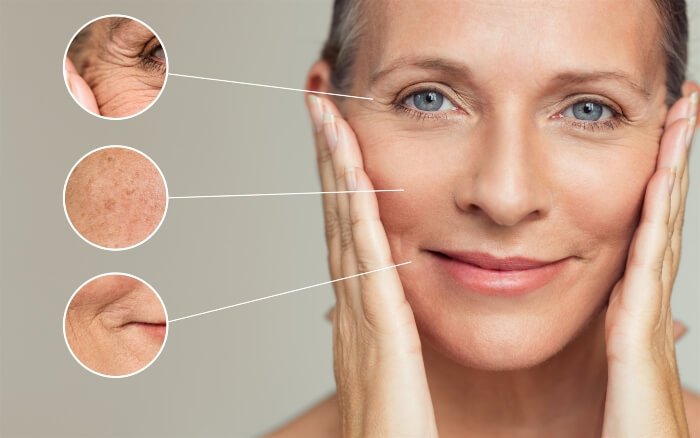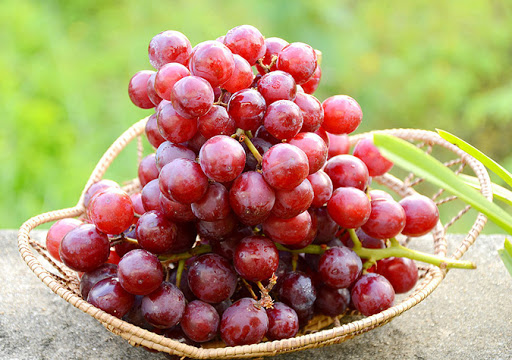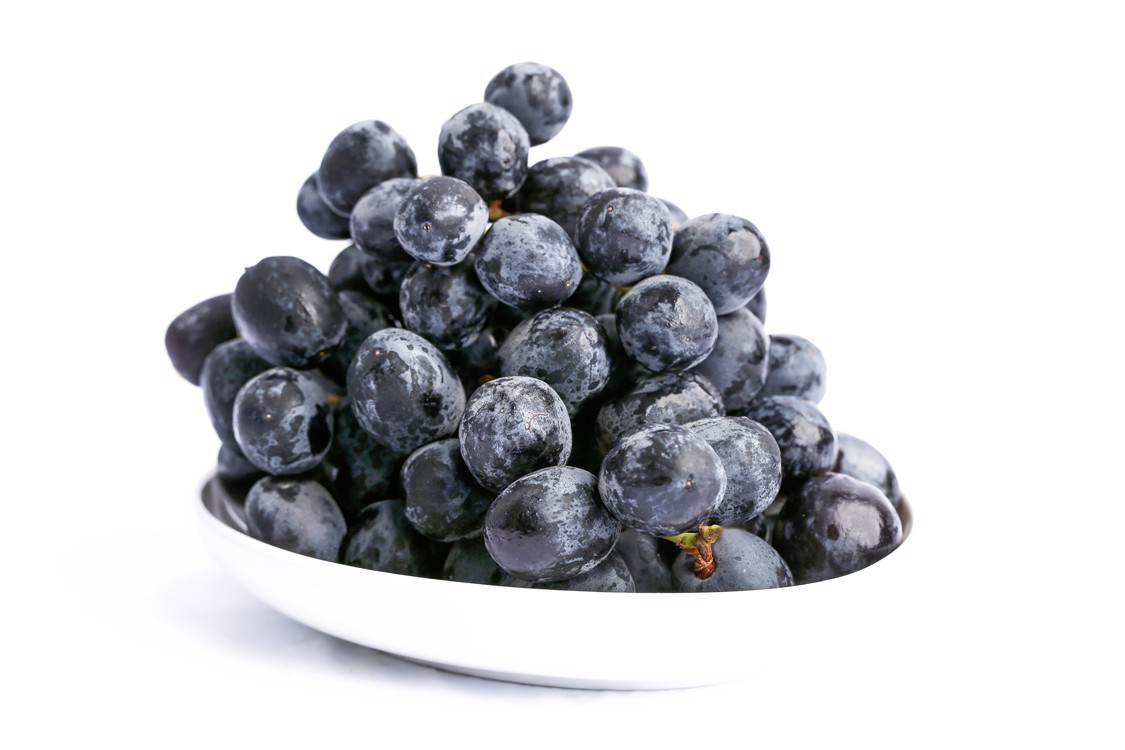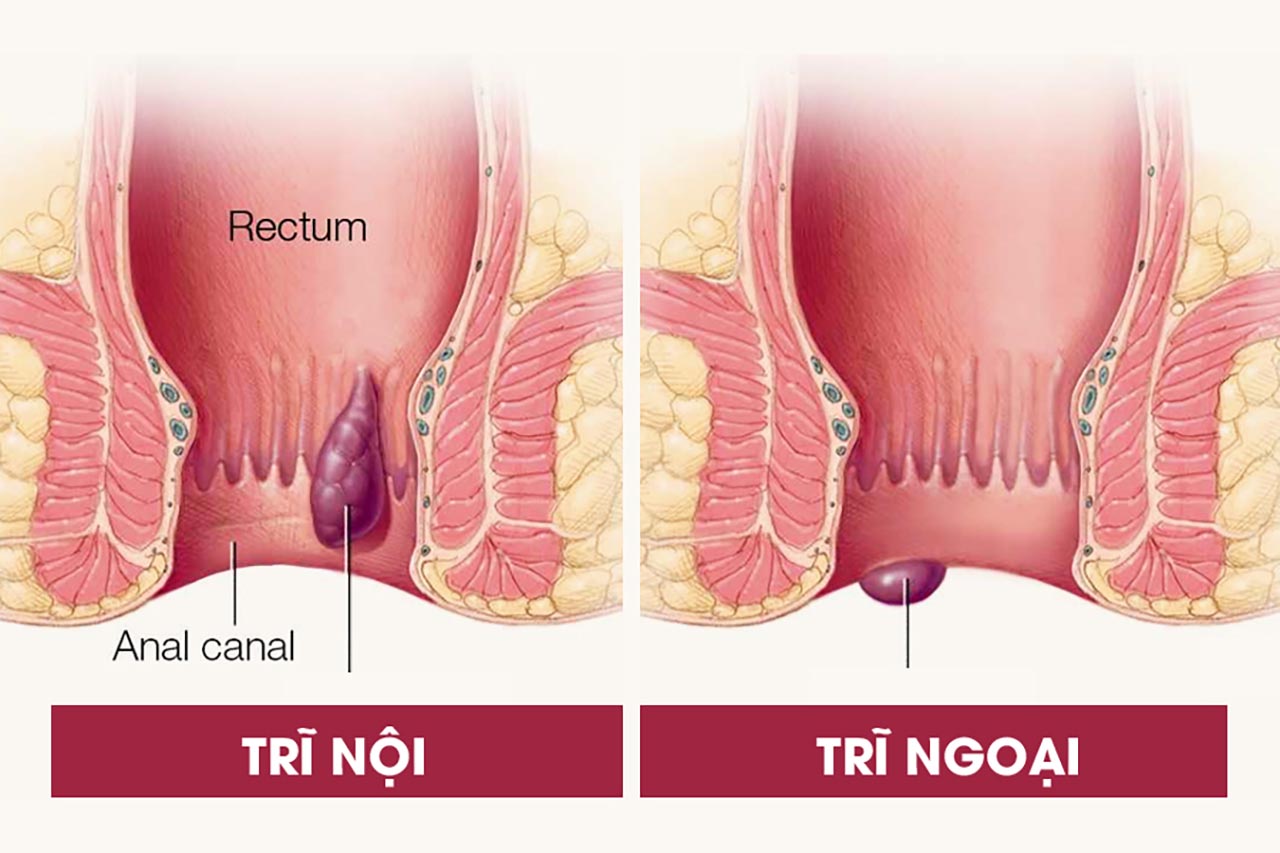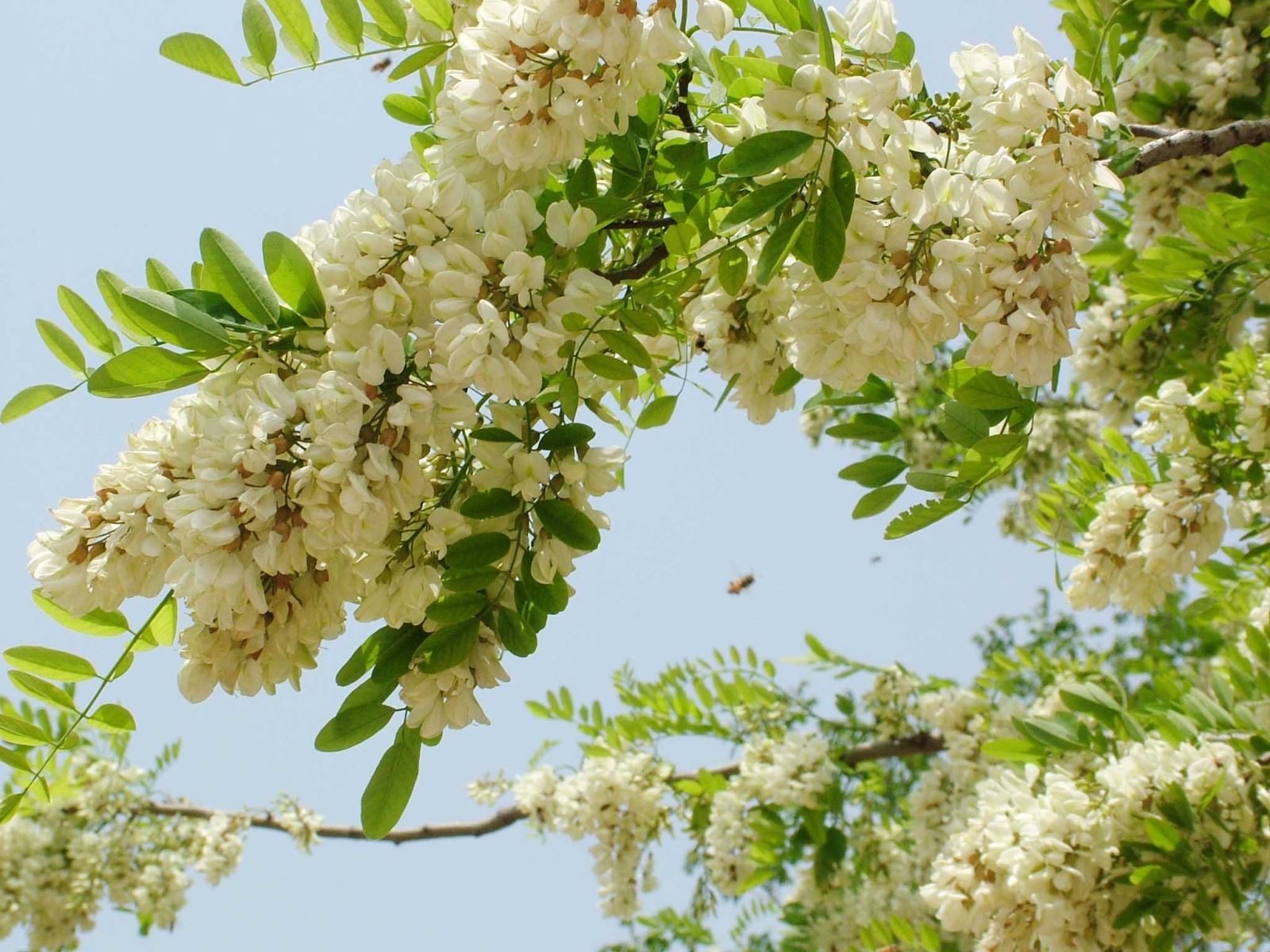Parkinson’s disease affects muscle movement coordination. Symptoms include tremors, muscle stiffness, changes in walking posture, loss of balance, changes in writing and speaking, slow movement.
Genetic and environmental factors are considered to be factors in the development of Parkinson’s disease. In Parkinson’s disease, a protein called alpha synuclein begins to accumulate in the brain at abnormal levels and leads to the formation of Lewy bodies.
Reducing dopamine levels leads to death of brain cells in the midbrain (substantia nigra) and this impairs motor function.
Treatment includes levodopa, dopamine agonists, MAO inhibitors, and even surgery. Scientists are working to determine the exact cause of Parkinson’s so that they can find the right treatment. Currently, the treatment with the above drugs and the appropriate care regimen will help improve the patient’s quality of life.
Depletion of dopaminergic neurons causes Parkinson’s disease, which is an age-related neurodegenerative disease. Current treatment for this condition is aimed at replenishing striatal dopamine.
However, these drugs do not provide long-term support and even cause complications. The drugs also do not prevent other symptoms of Parkinson’s such as postural instability, tremors, and cognitive defects, nor do they protect the nervous system.
A new study is underway on herbal anti-oxidants in the treatment of Parkinson’s disease. Turmeric with its compound curcumin, a polyphenol, has anti-inflammatory, anti-cancer and antioxidant properties and also has neuroprotective potential because curcumin can cross the blood-brain barrier.
There have been 50 studies evaluating to conclude the benefits of turmeric in the treatment of Parkinson’s disease.
1. Curcumin has many benefits in Parkinson’s disease
Curcumin with antioxidant, anti-inflammatory and neuroprotective properties has been applied in the treatment of Parkinson’s disease.
As an antioxidant, curcumin blocks free radicals, peroxynitrites are substances that oxidize nerve cells in Parkinson’s.
In an animal study of Parkinson’s disease, curcumin produced positive changes. Curcumin prevents the reduction of antioxidant enzymes in the brain because a lack of these enzymes causes neuronal cell death.
Curcumin also prevents the reduction of dopamine and acetylcholine. Curcumin increases proteins necessary for nerve growth and maintenance.
Homocysteine is an amino acid that is elevated in Parkinson’s disease, causing neurotoxicity. Curcumin protects the nervous system from homocysteine-induced toxicity and prevents impaired motor function.
One study found that curcumin increased learning and memory when homocysteine levels were elevated.
Curcumin suppresses motor impairment in animals with Parkinson’s disease. Curcumin as an antioxidant, prevents oxidative stress in Parkinson’s disease.
As an antioxidant, curcumin inhibits neuronal destruction and prevents decreased dopamine levels. In addition to its anti-inflammatory and antioxidant properties, curcumin also acts on biochemical pathways to prevent the cell death of dopaminergic neurons.
Curcumin fights neurodegenerative inflammation and is one of the agents for the treatment and prevention of Parkinson’s disease.
2. Curcumin protects nerve cells
Death of neurons or dopamine neurotransmitters is characteristic of Parkinson’s disease and impairs motor function.
An animal study was conducted to see if turmeric could help protect dopaminergic neurons. Parkinson’s has been caused by taking a drug called MPTP that causes symptoms similar to the disease. Nerve cell death in Parkinson’s occurs as a result of dysfunction of the mitochondria (which aid in cellular respiration). Turmeric supplements may protect nerve cells and prevent abnormal changes in neuronal proteins that are a marker of oxidative stress.
One study also demonstrated that curcumin protects nerve cell mitochondria.
Thanks to its chelating properties with iron, curcumin helps prevent iron from causing degeneration of dopaminergic neurons.
Curcumin also increases levels of glutathione which is an antioxidant.
3. Curcumin inhibits the formation of Lewy bodies
Alpha synuclein is a protein found in brain cells. In Parkinson’s disease, these proteins are altered in structure, causing neuronal cell death and the formation of Lewy bodies.
Curcumin inhibits the above action by inhibiting oxidative stress, preventing the imbalance between prooxidants and antioxidants. Curcumin inhibits alpha synuclein production and prevents its mutation.
Curcumin inhibits the formation of synuclein alpha filaments giving rise to Lewy bodies. Curcumin prevents the accumulation of Lewy bodies.
Macroautophagy is a process that breaks down proteins in cells and is impaired in Parkinson’s disease by the accumulation of the protein-alpha synuclein. Curcumin reduces the accumulation of alpha synuclein by restoring macroautophagy processes.
Researchers at the Oregon Institute of Health Sciences have found that treatment with curcumin prevents the decline in motor function caused by accumulation of alpha synuclein.
Curcumin activates transcription factor EB, a protein that regulates autophagy and in turn reduces neurotoxicity. Autophagy reduces the accumulation of alpha synuclein proteins.
Curcumin has the ability to cross the blood-brain barrier and inhibit alpha synuclein accumulation and reduce toxicity in Parkinson’s disease.
4. Curcumin inhibits monoamine oxidase enzyme to protect nerve cells
In Parkinson’s disease there is an abnormal increase in the enzyme monoamine oxidase which causes oxidation and leads to cell death. Therefore, inhibiting this enzyme may aid in the treatment of Parkinson’s.
Curcumin is a compound that inhibits the activity of this enzyme and reduces oxidative stress.
In an animal study, curcumin prevented dopamine depletion and inhibited monoamine oxidase activity in Parkinson’s disease.
5. Turmeric prevents cognitive decline and overcomes depression
Animal studies show that curcumin prevents age-related cognitive and memory decline.
One study proved that turmeric supplementation for 1 year improved memory loss and improved memory.
Curcumin may be beneficial in the treatment and prevention of dementia.
Curcumin supplementation in healthy older adults has been found to increase attention, memory, and working mood.
Curcumin helps improve chemical imbalances in depression and stress.
Curcumin supplements are as effective as Prozac or fluoxetine in treating depression. Clinical trials have also shown that curcumin is an effective adjunct to treatment for depression.
6. Curcumin may improve motor function in Parkinson’s disease
One of the main symptoms of Parkinson’s disease is difficulty walking. There is research demonstrating that curcumin supplementation can result in significant improvements in walking in animals with Parkinson’s disease.
A recent study published in 2016 demonstrated that curcumin reduces symptoms of Parkinson’s disease by increasing the production of antioxidant enzymes.
Curcumin reduces oxidative stress, slows loss of motor function and increases longevity.
7. Curcumin derivatives have therapeutic potential in Parkinson’s disease
Many curcumin derivatives have neuroprotective effects in Parkinson’s disease.
CNB-001, a compound derived from curcumin showing potential for Parkinson’s disease:
- Protects dopaminergic neurons in the brain
- Reduces oxidative stress and protects mitochondrial function
- Inhibits neuroinflammation.
Liposomal curcumin has been shown to improve motor function, suppress neuronal apoptosis and stimulate dopaminergic neurons, thereby improving Parkinson’s disease symptoms.
Glucoside Curcumin, a derivative of curcumin, prevents α-synuclein aggregation and synthesis.
Curcumin and its metabolite, tetrahydrocurcumin also help protect nerve cells.
Liquid Nano Curcumin OIC Liquid form with Curcumin <39nm particle size, 99% absorption, easy to drink and effective for your health care.
Liquid Nano Curcumin OIC helps to quickly relieve stomach pain
Liquid Nano Curcumin OIC both neutralizes acid and creates a protective film on the stomach lining, helping to quickly relieve stomach pain after 15-20 minutes.
How to use and dosage of Liquid Nano Curcumin OIC
– The product is not intended for children under 7 years old.
– Children from 7 to 15 years old: 1-2 times a day, 0.5 ml each time
– From 16 years old and older : Drink 1-2 times a day, 1 ml each time
– People who are suffering from stomach ulcers, take double the usual dose.
– The product can be applied to the face to beautify or applied to scars to fade scars and stretch marks.
– The product is 100% natural, no side effects








